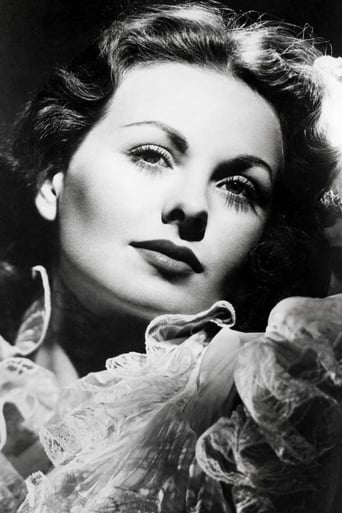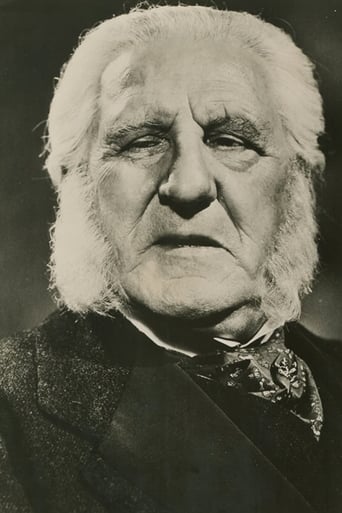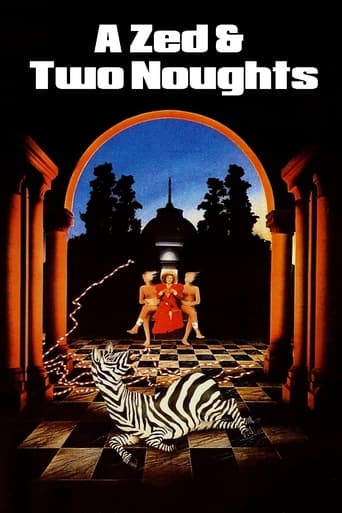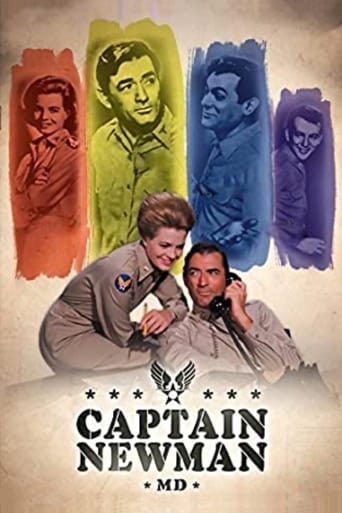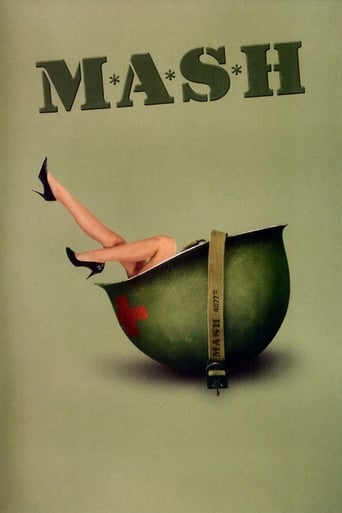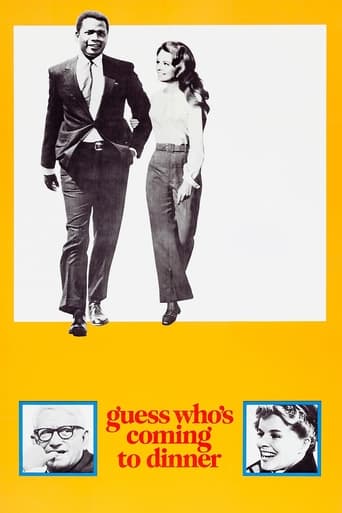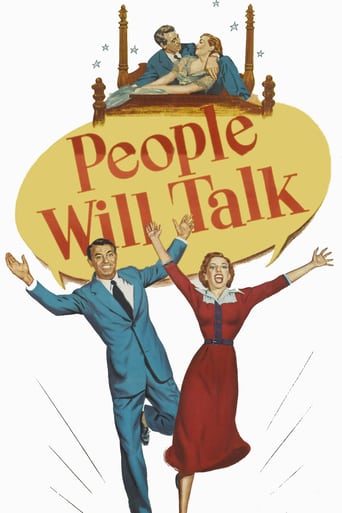
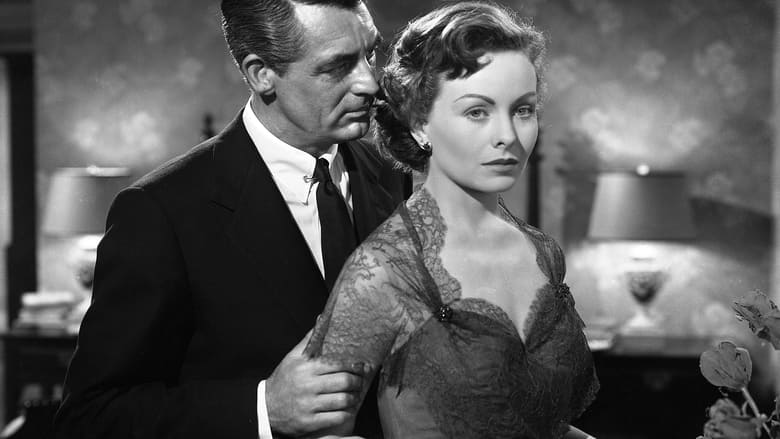
People Will Talk (1951)
Successful and well-liked, Dr. Noah Praetorius becomes the victim of a witchhunt at the hands of Professor Elwell, who disdains Praetorius's unorthodox medical views and also questions his relationship with the mysterious, ever-present Mr. Shunderson.
Watch Trailer
Cast
Similar titles


Reviews
The film makes a home in your brain and the only cure is to see it again.
This is a small, humorous movie in some ways, but it has a huge heart. What a nice experience.
what a terribly boring film. I'm sorry but this is absolutely not deserving of best picture and will be forgotten quickly. Entertaining and engaging cinema? No. Nothing performances with flat faces and mistaking silence for subtlety.
All of these films share one commonality, that being a kind of emotional center that humanizes a cast of monsters.
When I heard that director Joe Mankiewicz was adapting the well- known, pre-war German play, "Dr. Pratorius", into a movie, I wondered who he was going to cast as Sherlock Holmes and Dr. Watson. Basil Rathbone had been off the screen since 1946, but I certainly hoped Mankiewicz could induce him to return. When I heard that Finlay Currie had been signed, I assumed he would play Holmes, whilst Walter Slezak essayed Dr. Watson. (Their accents were all wrong for the parts, but they would have made a great Holmes-Watson combo all the same). Instead, Holmes and Watson have been completely eliminated — as they were by playwright Goetz himself (incidentally, the name is pronounced: "Gets") in his own 1949 movie adaptation. Finlay Currie — giving one of the finest performances of his ultra-distinguished career — plays an entirely new yet fascinating character, a brilliant Mankiewicz creation; whilst Walter Slezak has a cleverly expanded role as the lead character's warmly amusing friend and loyal confidant.Unappreciated in its day by many critics. as well as the movie- going public, "People Will Talk" has yet to find the niche it deserves in any popular appreciation of Mankiewicz's work. More astringent than "All About Eve", more engaging than "A Letter to Three Wives", more satirical than "Million Dollar Legs", and far more dramatic than "The Barefoot Contessa", this impassioned, intense, quirky, captivating, wittily unconventional, ingeniously crowded-with-good-things "Pratorious", is the cinematic high-point of Mankiewicz's career. AVAILABLE on an excellent Fox DVD.
I love Cary Grant and Jeanne Crain, but this one is an uneven stinker. It's dumb and too long and doesn't know if it wants to be a comedy, drama or a mystery.The basic gist is, Jeanne Crain is a college student who gets knocked up, attempts suicide and gets rewarded with Cary Grant's (Dr. Praetorius) affections.But even though they get married, the story isn't a romance or about the ill effects on society of single motherhood as both story lines seem to take a back seat to Hume Cronyn's witch hunt into past and Dr. Praetorius' mysterious sidekick (Mr. Shunderson).It would have been far more interesting for the plot to move along Shunderson's strange, almost supernatural, affect on people, but they didn't go there except through inference. I suppose why this boring film has such high ratings is 1) because it is seen as an indictment of anti-communists 2) it makes no attempt to negatively portray premarital sex, but the accolades are undeserved. Perhaps if it was 80 minutes long and they stuck to a single plot line it would have been more interesting, but with thousands of unwatched movies out there, don't bother wasting your time on this one.
I agree with those reviewers who thought it was a wonder this film was ever made. And, I can see why its release wasn't highly acclaimed or received by audiences. Others describe the plot in detail, but for those who may not want to know the story line in advance, I'll just address these first two points to whet your appetite. First, why was it not highly popular on its release? Most likely because Cary Grant was out of character. Oh, sure, he had done some serious films – dramas and mysteries, but the public had gotten used to the witty Cary Grant of fast-paced comedy romances of the 1930s and 1940s. But, in "People Will Talk," they saw a considerably different Grant – one with wit and charm but also with serious compassion in a slower, deliberate role with a nice dose of mystery about him. And that leads to the second point – a wonder that this film was made at all. "People Will Talk" is a satire and critique of medicine, doctors and nurses, and medical schools and teachers. It also takes some jabs at the Western justice system – the courts and law enforcement. And, it has strong moral overtones. It looks at envy, jealousy and hypocrisy. The subtle theme that moves throughout the story is characterized by Dr. Noah Praetorius, played by Cary Grant. That is the importance of life and people for themselves, not for what they may or may not accomplish. So, this is indeed a mixed bag of a film – morality play, satire, witty comedy, drama, and an intriguing bit of mystery. It clearly is "sophisticated and sparkling," as billed by 20th Century Fox. A sub-theme in the film is the lead role's holistic approach to medicine. That was way ahead of its time. While holistic medicine became controversial in later years, medicine began to move in that direction a decade into the 21st century. All the cast give top performances in this film. The direction is excellent, and the film shines in all technical production areas. Following are some of my favorite witty exchanges and other lines from "People Will Talk."Prof. Elwell, played by Hume Cronyn, to Dr. Praetorius (Grant): "Do you deny that at that time your patients were under the impression you were a butcher and not a doctor?" Praetorius: "Do you prefer the impression given to their patients by so many of our colleagues that they are doctors and not butchers?"Prof. Elwell, to Miss Pickett, played by Margaret Hamilton: "I have conducted my affairs behind closed doors for 20 years." Miss Pickett: "Not with me." Prof. Elwell: "You overestimate both of us."Prof. Barker, played by Walter Slezak: "Dr. Praetorius, has it ever occurred to you, aside from certain medical considerations, that most of this is none of your business?" Praetorius: "No? What is my business?" Barker: "To diagnose the physical ailments of human beings and to cure them." Praetorius: "Wrong! My business is to make sick people well. There's a vast difference between curing an ailment and making a sick person well." Praetorius, eating at his kitchen table with Barker: "Sauerkraut belongs in a barrel, not in a can. Our American mania for sterile packages has removed the flavor from most of our foods. Butter is no longer sold out of wooden tubs. And a whole generation thinks butter tastes like paper. There was never a perfume like an old-time grocery story. Now they smell like drugstores, which don't even smell like drugstores anymore."Praetorius, at a faculty hearing: "And as to the willingness of those so-called ignorant and backward people to rely upon the curative powers of faith and possibly miracles too, I consider faith properly engendered into a patient as effective in maintaining life as alternatives. And a belief in miracles has been the difference between living and dying as often as any surgeon's scalpel." Prof. Elwell: "That is not the issue under discussion." Praetorius: "It is precisely the issue. Whether the practice of medicine should become more and more intimately involved with the human beings it treats, or whether it's to go on in this present way of becoming more and more a thing of pills, serums and knives, until eventually we shall undoubtedly evolve an electronic doctor."Mr. Shunderson, played by Finlay Currie: "Prof. Elwell, you're a little man. It's not that you're short. You're little in the mind and in the heart. Tonight you tried to make a man little whose boots you couldn't touch if you stood on tiptoe on top of the highest mountain in the world. And as it turned out, you're even littler than you were before."
A professor falls in love with a pregnant, unwed student. Given the time of its release, the frank handling of out-of-wedlock pregnancy is surprising. The film also takes on McCarthyism, as Grant is accused of unethical medical practices. People do talk a lot here, but it's mostly interesting dialog from Mankiewicz, coming off back-to-back screen writing Oscars the previous two years. Grant and Crain are fine, although their age difference makes their romance a bit awkward. There's a good supporting cast. The soundtrack prominently and fittingly features the "Academic Festival Overture," which Brahms wrote as a potpourri of beer- drinking college songs.

